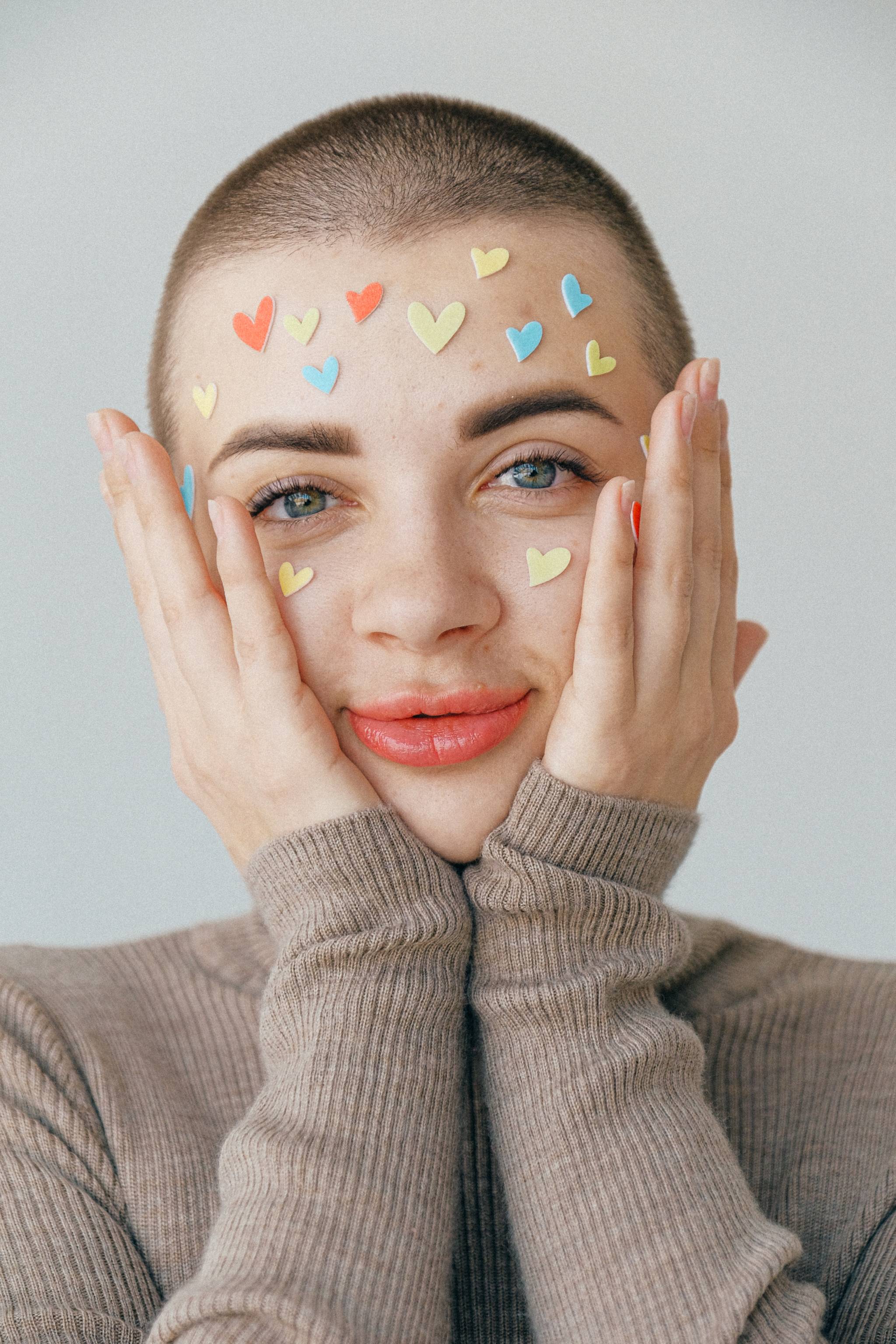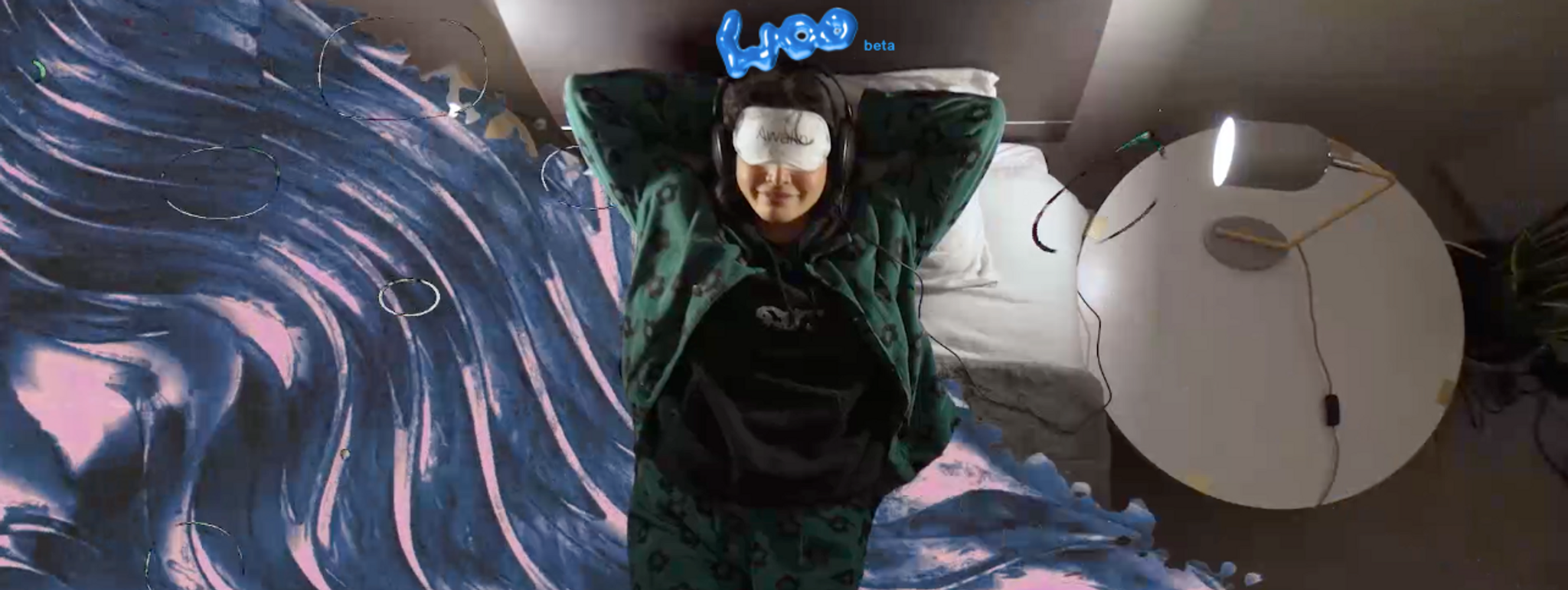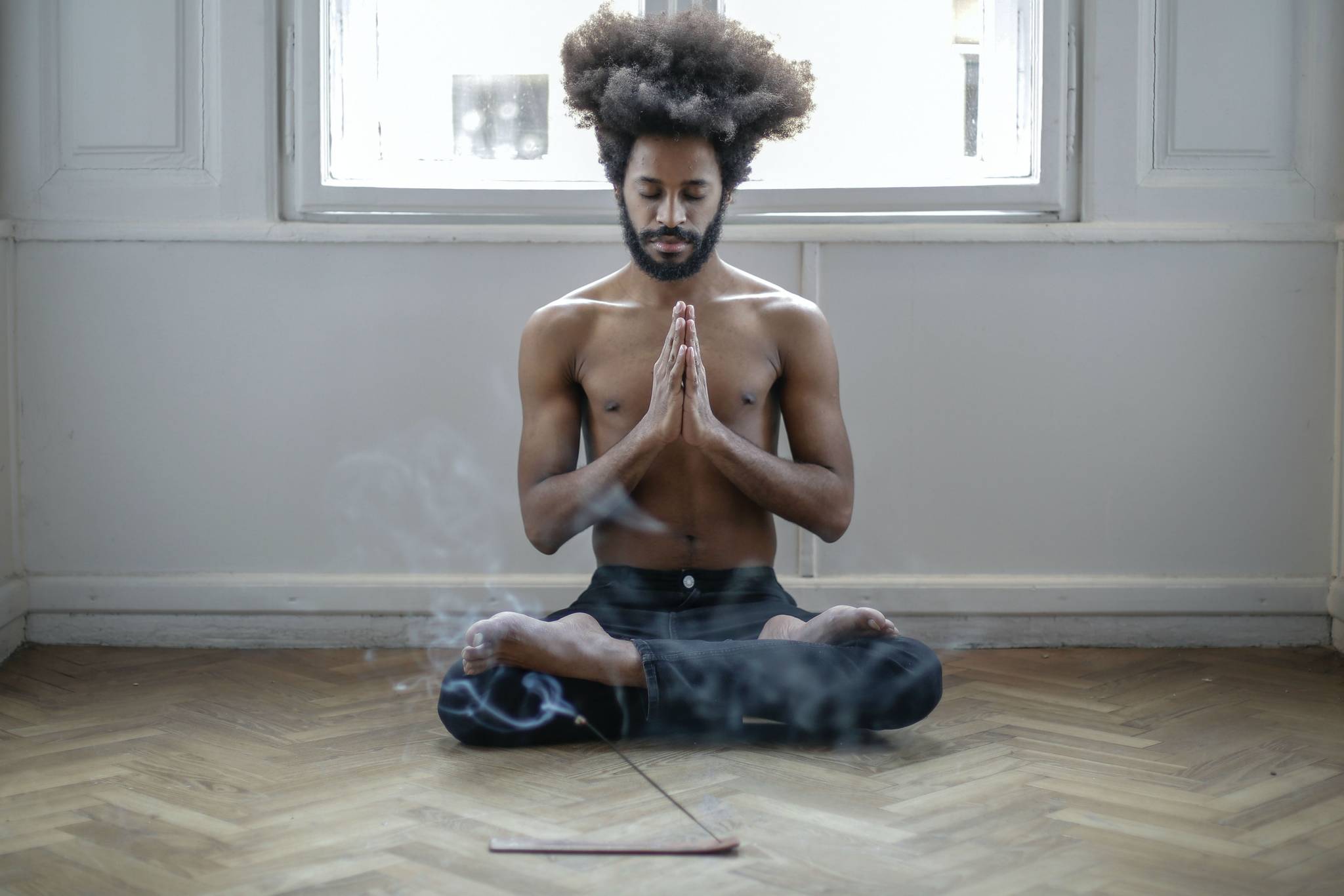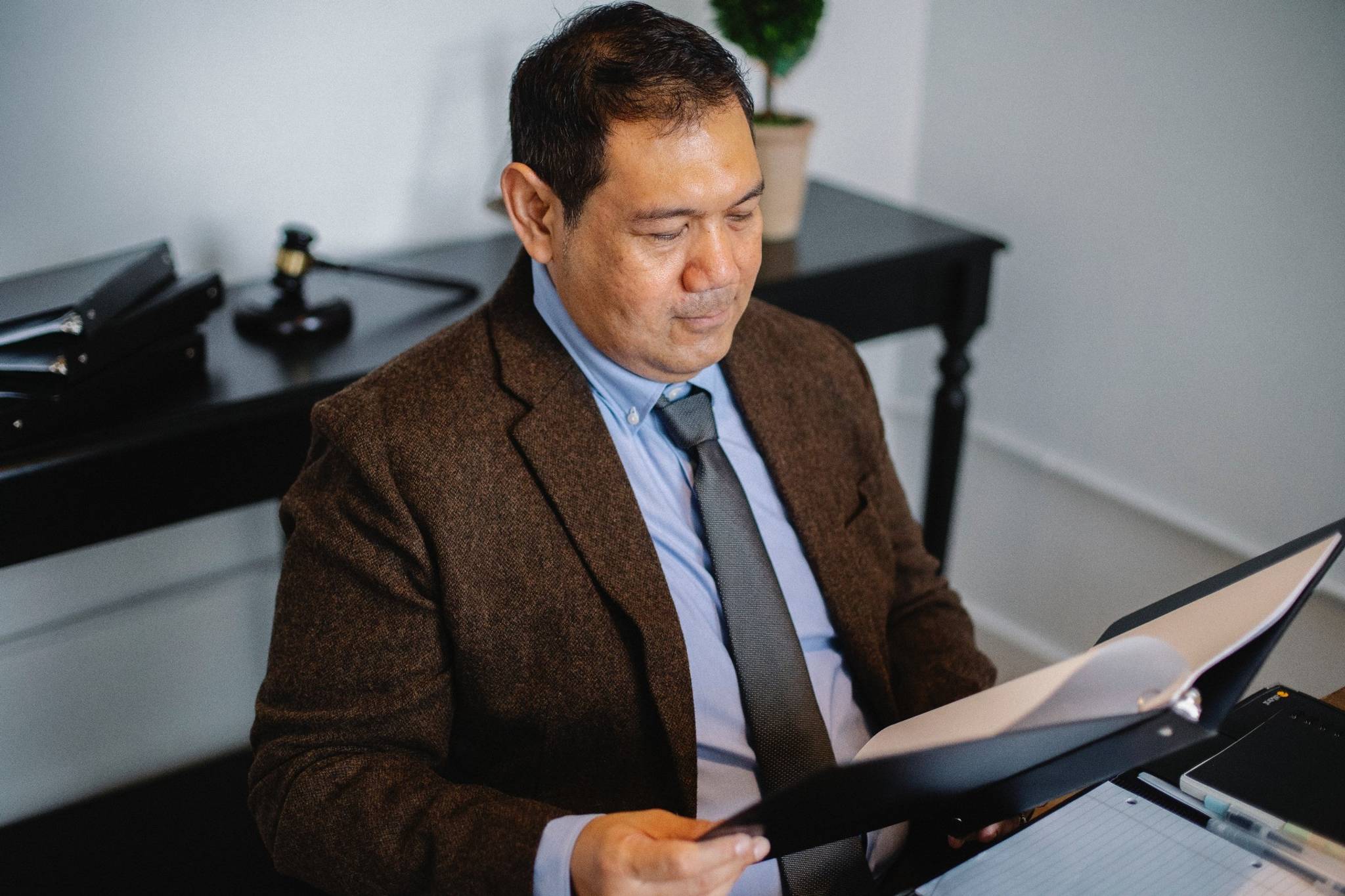
With gross girl TikTok allowing women to embrace feeling a bit dishevelled, and the Fugly Hag Stroll being an antidote to image-led exercise trends such as the #HotGirlWalk, communities of people are rebuffing all things self-optimisation and are instead turning towards spaces that accept them exactly as they are.
According to TikTok, there's a community of women that are coming together online to reclaim the ‘gross’ narrative as a way to push back against a society that expects them to be at their best 24/7. Gross girlies are saying ‘no, thank you’ to beauty and wellness trends that ask them to strive for unattainable perfection ideals, and are seeking relatable alternatives by adopting an anti-aesthetic attitude to the constant pressures of modern life. And with the ‘Fugly Hag Stroll’, coined by influencer Kate Glavan, providing a way for people to opt out of the constant pressures of self-improvement, new attitudes and beliefs are disrupting the self-optimisation status quo.
The impact of the pandemic led hoards of people to look for ways to self-improve – whether it was baking banana bread, learning a new language, or meeting fitness goals, self-improvement became a coping mechanism during the crisis. Coupled with hustle culture and glorifying individuals that are constantly ‘grinding’, the relentless pursuit of self-optimisation led 77% of people to experience burnout at their job, with 42% leaving careers because they felt overworked. While it may seem cool to compare yourself to others based on productivity levels, the toll it can take on mental health and wellbeing cannot be understated.
A viral New Yorker cover featuring a woman on a video call dressed in a blouse, hoop earrings, and shorts surrounded by takeaway containers, pill bottles, Amazon packages, as well as an unfolded pile of clothes was applauded due to its realistic depiction of life during the pandemic. A grounded and human approach to feelings of unease and exhaustion in times of uncertainty is leading platforms like Sea Moss Girlies to explode in popularity, with online spaces spearheading new ways to engage with and practice self-care. For some people, there's nothing better than ticking an item off of their to-do list. But for others, challenging mainstream approaches to self-optimisation and celebrating imperfections and flaws feels far more relevant.



